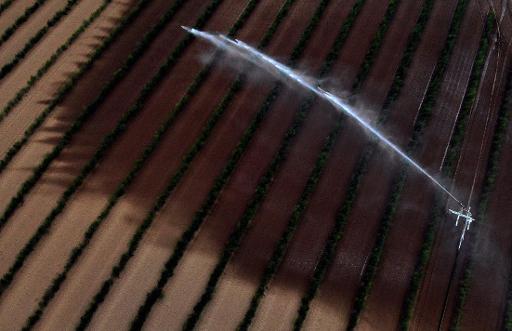Opening up land for intensive agriculture brings humans closer to wild animals, disturbs the latter’s habitat and makes pandemics like the novel Coronavirus (COVID-19) more probable, a new study shows.
This type of encroachment on their habitats increases the risk of illnesses carried by wild animals spreading to humans, according to the study by a University College of London (UCL) team, published on Wednesday in the Nature magazine.
The United Nations estimates that human activity has led to the degradation of about three-quarters of the planet’s land since the start of the Industrial Era. One-third of the world’s land mass and three-quarters of its fresh water are used, in particular, for agriculture.
More and more land is used for farming each year, often to the detriment of ecosystems such as forests that provide shelter and sustenance for wild animals which, themselves, host many pathogens that are potentially transmissible to humans.
The UCL team reviewed 6,800 ecosystems throughout the planet and discovered that known bearers of pathogens, such as bats, rodents and birds, are more numerous in areas intensely modified by humans.
COVID-19, which has infected over 18 million persons worldwide, killing over 700,000 of them, probably went from an animal to a human before spreading from human to human.
An estimated 70% of all new viruses come from animals, according to WHO, and there is a risk of zoonotic transmission of viruses from animals to humans at wet markets where life animals are slaughtered for customers.
According to a WHO statement in April, wet markets, are an” important source of affordable food and livelihood for millions of people all over the world”. WHO is currently carrying out an evaluation of the source of the coronavirus.
The Brussels Times

